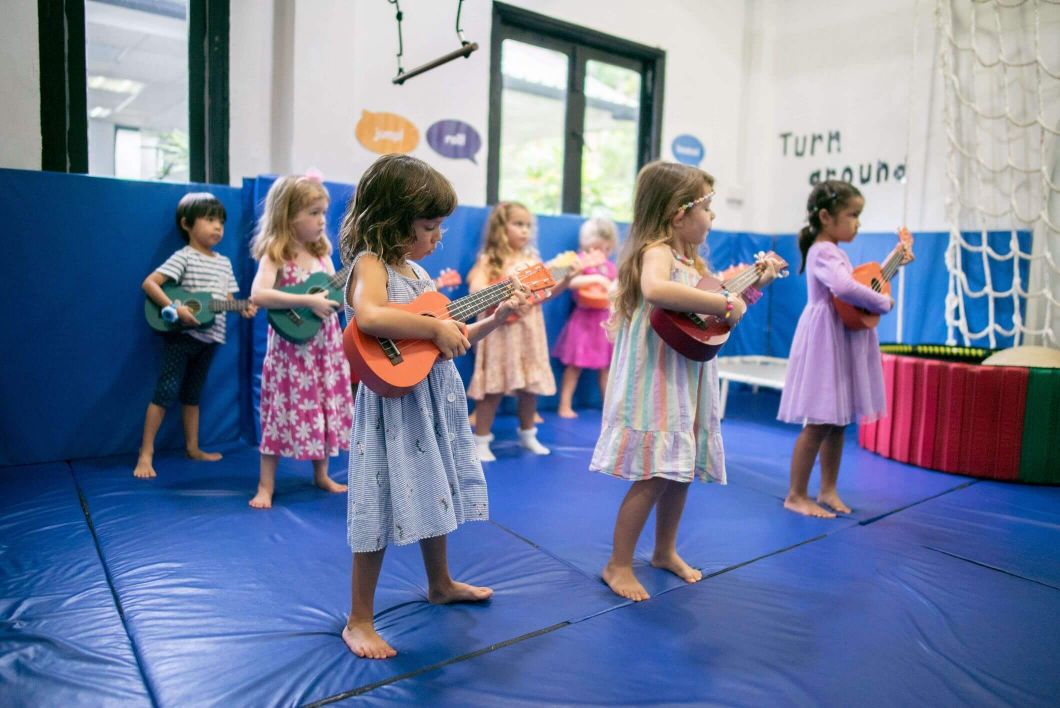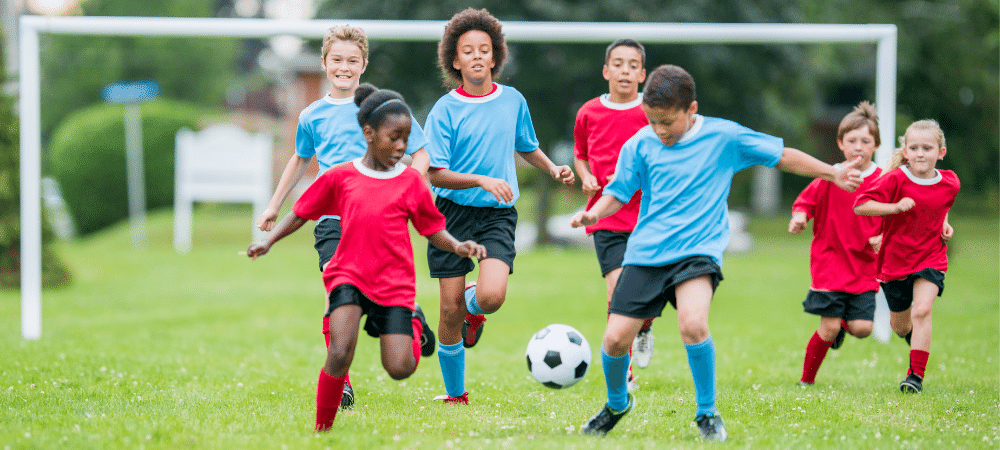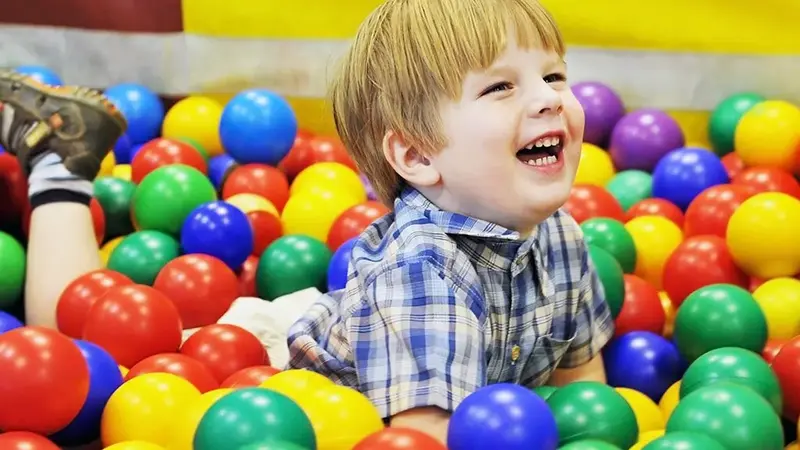Discovering Toddler Activities Near Me: A Guide to Fun and Educational Opportunities
Finding engaging and enriching activities for toddlers is essential for their cognitive, social, and physical development. Toddlers are in a critical stage of growth, where every experience contributes to their understanding of the world. This comprehensive guide explores various toddler activities available in most communities, helping parents and caregivers provide valuable experiences for their young children. We will delve into educational play centers, music and movement classes, outdoor playgrounds, library programs, indoor play areas, community events, sports activities, and more, offering a detailed look at each option.
Educational Play Centers
Educational play centers are designed to stimulate toddlers’ minds through interactive play and structured activities. These centers often feature:
- Play Zones: Areas with age-appropriate toys, climbing structures, and sensory experiences. These zones are typically divided into sections such as building blocks, puzzles, and pretend play, allowing toddlers to engage in various types of play that promote different developmental skills.
- Learning Activities: Programs that introduce basic concepts like alphabet recognition, counting, and simple science experiments. These activities are often disguised as games or fun challenges, keeping toddlers engaged while they learn.
- Storytime Sessions: Regular storytelling sessions that foster a love for books and language development. Storytimes often include props, puppets, and interactive elements to keep toddlers interested.
- Art and Craft Stations: Areas where toddlers can explore their creativity through painting, drawing, and crafts. These stations usually provide a variety of materials and encourage toddlers to experiment with different textures and colors.
These centers provide a safe and controlled environment where toddlers can explore, learn, and socialize under the supervision of trained staff. They often offer memberships or drop-in options, making it convenient for parents to choose how often they want to visit.
Music and Movement Classes
Music and movement classes are perfect for toddlers who love to dance, sing, and explore rhythm. These classes typically include:
- Singing: Sessions that feature nursery rhymes, songs, and simple melodies that encourage language development and auditory skills. Singing helps toddlers learn new words and understand the rhythm and cadence of speech.
- Dancing: Activities that promote gross motor skills and coordination through movement and dance. These classes often include simple dance routines and free movement to music, helping toddlers develop their physical abilities.
- Instrument Exploration: Opportunities for toddlers to play basic musical instruments like drums, shakers, and xylophones. This exploration helps develop fine motor skills and introduces the concept of cause and effect.
- Interactive Play: Games and activities that incorporate music and movement, such as musical chairs or dance games, to engage toddlers actively.
Music and movement classes emphasize fun and play while introducing toddlers to the joy of music and dance. These classes also help improve listening skills and provide an outlet for physical energy.
Outdoor Playgrounds and Parks
Outdoor playgrounds and parks offer toddlers opportunities for physical activity, exploration, and fresh air. Features of toddler-friendly parks include:
- Play Structures: Safe and age-appropriate equipment such as slides, swings, and climbing frames. These structures are designed to help toddlers develop balance, coordination, and strength.
- Sandboxes: Areas where toddlers can dig, build, and explore sensory play. Sand play encourages creativity and fine motor skills.
- Nature Trails: Easy walking paths or stroller-friendly trails surrounded by trees, flowers, and wildlife. Nature trails offer a chance for toddlers to learn about the natural world and develop observational skills.
- Picnic Areas: Spaces where families can enjoy snacks or lunch together outdoors. Picnic areas provide a place for relaxation and socialization, enhancing the overall outdoor experience.
Visiting local parks encourages toddlers to develop physical skills, socialize with other children, and appreciate nature. Parks also provide a change of scenery from the home environment, which can be refreshing for both toddlers and caregivers.
Library Storytimes and Activities
Public libraries often host storytimes and interactive activities specifically designed for toddlers. These sessions typically include:
- Storytelling: Engaging stories read aloud by librarians or volunteers to promote literacy and imagination. Storytelling sessions often include themes or topics that capture toddlers’ interests.
- Rhyme Time: Activities that involve nursery rhymes, fingerplays, and songs to enhance language skills. These sessions are interactive and encourage toddlers to participate.
- Craft Sessions: Artistic activities related to the stories read during the session. Crafts help toddlers develop fine motor skills and creativity.
- Play Areas: Quiet corners or dedicated spaces with age-appropriate toys and books for exploration. These areas allow toddlers to engage in free play and explore books at their own pace.
Library programs provide opportunities for toddlers to bond with caregivers, develop a love for books, and socialize with peers in a learning-focused environment. Many libraries also offer special events and themed weeks, making each visit unique.
Indoor Play Areas and Gyms
Indoor play areas and gyms offer a climate-controlled environment where toddlers can play and explore regardless of weather conditions. These facilities often feature:
- Soft Play Structures: Foam or padded play equipment that toddlers can climb, slide, and crawl on safely. These structures are designed to minimize the risk of injury while encouraging physical activity.
- Ball Pits: Areas filled with soft balls for sensory play and exploration. Ball pits provide a unique tactile experience for toddlers.
- Obstacle Courses: Simple courses that encourage gross motor skill development and physical activity. Obstacle courses can be adjusted to match toddlers’ skill levels, providing a sense of achievement.
- Parental Seating Areas: Comfortable seating for caregivers to supervise and interact with their toddlers. These areas allow parents to relax while keeping an eye on their children.
Indoor play areas provide a fun and active outlet for toddlers to expend energy and engage in imaginative play. Many facilities also offer birthday party packages and special events, adding to their appeal.
Community Events and Festivals
Local community events and festivals often include activities and attractions that appeal to toddlers and families. These events may offer:
- Parades and Processions: Colorful events with music, floats, and costumes that capture toddlers’ attention. Parades provide a sensory-rich experience that can be both exciting and educational.
- Petting Zoos and Animal Exhibits: Opportunities for toddlers to interact with and learn about animals in a safe environment. Petting zoos help toddlers develop empathy and an interest in the natural world.
- Craft Stations: Hands-on activities like face painting, pottery, or cookie decorating. Craft stations encourage creativity and provide a keepsake to remember the event.
- Music Performances: Live music or performances suitable for young audiences to enjoy together. Music performances can introduce toddlers to different types of music and instruments.
Attending community events exposes toddlers to new experiences, cultures, and social interactions while fostering a sense of community spirit. These events also provide a fun outing for the whole family.
Sports and Physical Activities
Sports and physical activities are excellent for promoting healthy development and teaching toddlers important motor skills. Options for toddler-friendly sports activities include:
- Toddler Soccer: Programs designed to introduce basic soccer skills through fun games and activities. These programs focus on teamwork, coordination, and following instructions.
- Gymnastics Classes: Classes that focus on basic gymnastics skills such as tumbling, balancing, and jumping. Gymnastics helps toddlers develop strength, flexibility, and confidence.
- Swimming Lessons: Programs that teach water safety and basic swimming skills in a safe and controlled environment. Swimming lessons build water confidence and physical fitness.
- Dance Classes: Toddler dance classes that introduce basic movements and rhythms through fun and engaging activities. Dance classes encourage self-expression and physical coordination.
Sports activities help toddlers develop physical fitness, social skills, and a sense of achievement. They also provide a structured environment for toddlers to learn discipline and teamwork.
Arts and Crafts Workshops
Arts and crafts workshops provide opportunities for toddlers to explore their creativity and develop fine motor skills. These workshops often include:
- Painting: Activities that allow toddlers to experiment with different types of paint and techniques. Painting helps develop hand-eye coordination and creativity.
- Drawing: Workshops that introduce basic drawing skills and encourage toddlers to express themselves through art. Drawing can improve fine motor skills and cognitive development.
- Sculpting: Activities that involve working with clay, playdough, or other materials to create three-dimensional art. Sculpting provides a tactile experience and enhances spatial awareness.
- Craft Projects: Themed projects that include cutting, gluing, and assembling materials to create unique artworks. Craft projects encourage problem-solving and creativity.
Arts and crafts workshops provide a fun and creative outlet for toddlers, helping them develop a range of skills while expressing themselves artistically.
Nature and Science Programs
Nature and science programs introduce toddlers to the wonders of the natural world and basic scientific concepts. These programs may include:
- Nature Walks: Guided walks that explore local parks, gardens, or nature reserves. Nature walks encourage curiosity and observational skills.
- Animal Encounters: Programs that allow toddlers to interact with and learn about animals, such as visits to farms, zoos, or aquariums. Animal encounters promote empathy and a love for wildlife.
- Science Experiments: Simple experiments that introduce basic scientific principles in a fun and engaging way. Science experiments can spark a lifelong interest in science.
- Gardening Activities: Activities that involve planting, watering, and caring for plants. Gardening teaches responsibility and an appreciation for the environment.
Nature and science programs provide hands-on learning experiences that stimulate toddlers’ curiosity and encourage exploration of the world around them.
Parent and Toddler Groups
Parent and toddler groups offer a supportive environment where both toddlers and caregivers can socialize and participate in activities. These groups often include:
- Play Sessions: Unstructured playtime with a variety of toys and activities. Play sessions allow toddlers to interact freely and make new friends.
- Discussion Groups: Sessions where parents can share experiences, ask questions, and seek advice. Discussion groups provide support and build a sense of community among caregivers.
- Guest Speakers: Experts who discuss topics related to child development, health, and parenting. Guest speakers offer valuable insights and information.
- Outings and Events: Organized trips to local attractions or special events for families to enjoy together. Outings provide a change of scenery and new experiences for toddlers.
Parent and toddler groups create a sense of community and provide opportunities for both toddlers and caregivers to build social connections and support networks.
Conclusion
Finding toddler activities near you involves exploring a range of options that cater to your child’s interests and developmental needs. Whether you choose educational play centers, music and movement classes, outdoor adventures, library programs, indoor play areas, community events, sports activities, arts and crafts workshops, nature and science programs, or parent and toddler groups, each activity offers unique benefits that contribute to your toddler’s growth and happiness. By participating in these activities, you provide your toddler with opportunities to learn, explore, socialize, and have fun in their formative years. Take advantage of the diverse array of toddler activities available in your community to create lasting memories and support your child’s development. If you have any questions, please visit the Kaz World Mag.






Post Comment